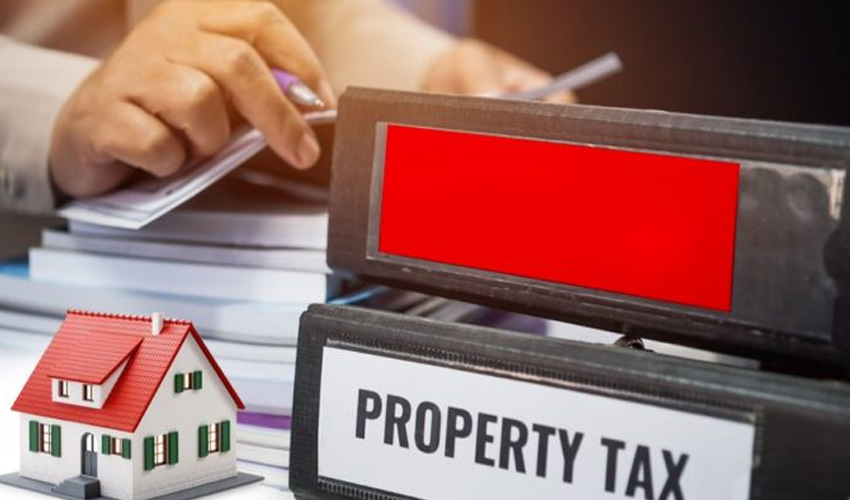In a move to meet the conditions set by the International Monetary Fund (IMF) for a crucial bailout package, the Pakistani government has introduced sweeping changes to the taxation of real estate in the latest budget.
These changes include record-high taxes on both plots and constructed lands, aimed at bolstering revenue collection and ensuring a more equitable tax system.
The new tax regime imposes increased Capital Gains Tax (CGT) and Advance Tax on property sales, impacting filers, late filers, and non-filers differently. Here is a detailed breakdown of the new tax rates:
Capital gains tax rates for property for filers
| Duration | All Properties |
|---|---|
| Up to 1 year | 15% |
| 1 to 2 years | 15% |
| 2 to 3 years | 15% |
| 3 to 4 years | 15% |
| 4 to 5 years | 15% |
| 5 to 6 years | 15% |
| Over 6 years | Flat 15% |
Advance tax on sale of immovable property 2024
| Property Value | Filers | Late Filers | Non-Filers |
|---|---|---|---|
| Up to Rs. 50 million | 3% | 6% | 10% |
| Rs. 50-100 million | 3.5% | 7% | 10% |
| Above Rs. 100 million | 4% | 8% | 10% |
These adjustments are designed to streamline the tax system across various property categories, ensuring that the tax burden is shared more fairly among property owners with different property values and ownership durations.
Implications for real estate market
The introduction of these tax rates is expected to have significant implications for the real estate market. Industry experts believe that the higher tax rates, particularly the flat 15% CGT for all properties regardless of the holding period, may discourage speculative investments and lead to a more stable market.
However, there are concerns that these measures might also dampen the overall activity in the property market, potentially affecting related industries.
Government's perspective
Government officials argue that these changes are necessary to meet the fiscal targets agreed upon with the IMF. They emphasize that the increased tax revenues will not only help in stabilizing the economy but also contribute to the funding of essential public services and infrastructure projects.
The Finance Minister, in his budget speech, highlighted the importance of equitable taxation and assured that the government would monitor the implementation of these taxes closely to address any issues that may arise.


























